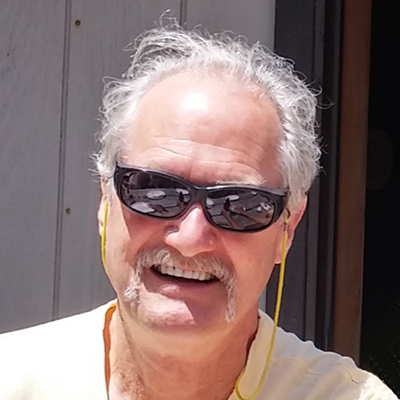
Research Interests
Bacterial Molecular Biology, Physiology and Genetics, Regulation of Gene Expression, Protein structure and function
Research Focus Teams
Climate Change
Departments
Microbiology and Immunology
Contact
Email: j.beatty[at]ubc.ca
Office Phone: 604–822–6896
Office number: 4556
Publications
Lab Website
J. Thomas Beatty is a professor in the Department of Microbiology & Immunology UBC, where he has directed a research group since 1983. His research interests include gene transfer agents, and the molecular biology and applications of bacterial photosynthetic complexes.
Ph.D. Indiana University, Microbiology (1980)
Postdoctoral, Stanford University School of Medicine (1983)
Most of the research in my laboratory is on photosynthetic bacteria. These organisms use membrane proteins that bind chlorophylls and other cofactors to capture light energy in the form of photons. In one such protein called the reaction center, the light energy excites chlorophyll electrons, which hop to nearby cofactors that form a chain across the membrane domain of the protein. The chain ends at a quinone where the acquisition of an electron is coupled with the uptake of a proton from the cytoplasm. These protons eventually accumulate outside the cytoplasmic membrane and drive ATP synthesis.
In collaboration with others, such as John Madden’s group in the Department of Electrical and Computer Engineering http://www.ece.ubc.ca/~jmadden/, we are investigating the feasibility of using photosynthetic reaction centers in biophotovoltaic devices, in the hopes of creating inexpensive solar cells whose production consumes carbon dioxide. Such solar cells may be able to harvest and store energy in one simple device.
We are investigating the diversity and activities of photosynthetic bacteria in aquatic environments ranging from stratified lakes to deep ocean hydrothermal vents. The genetic potential of such organisms is exploited in synthetic biology approaches to engineer novel combinations of proteins with new light-harvesting properties.
Finally, we are also studying a novel bacteriophage-like genetic exchange element called the “gene transfer agent”, or GTA. The production of GTA is controlled by changes in environmental conditions that are sensed by cellular signal transduction systems, which produce a burst of GTA production in the stationary phase of laboratory cultures. Production of GTA is lethal for the individual producing cell, but the percentage of producing cells in a population is strictly limited to about 1%. The bulk of the population differentiates to become competent to acquire DNA carried by GTA, which may change the phenotype of the recipient cell. The nature of the signal(s), and the identities and activities of regulatory factors are of great interest to us.